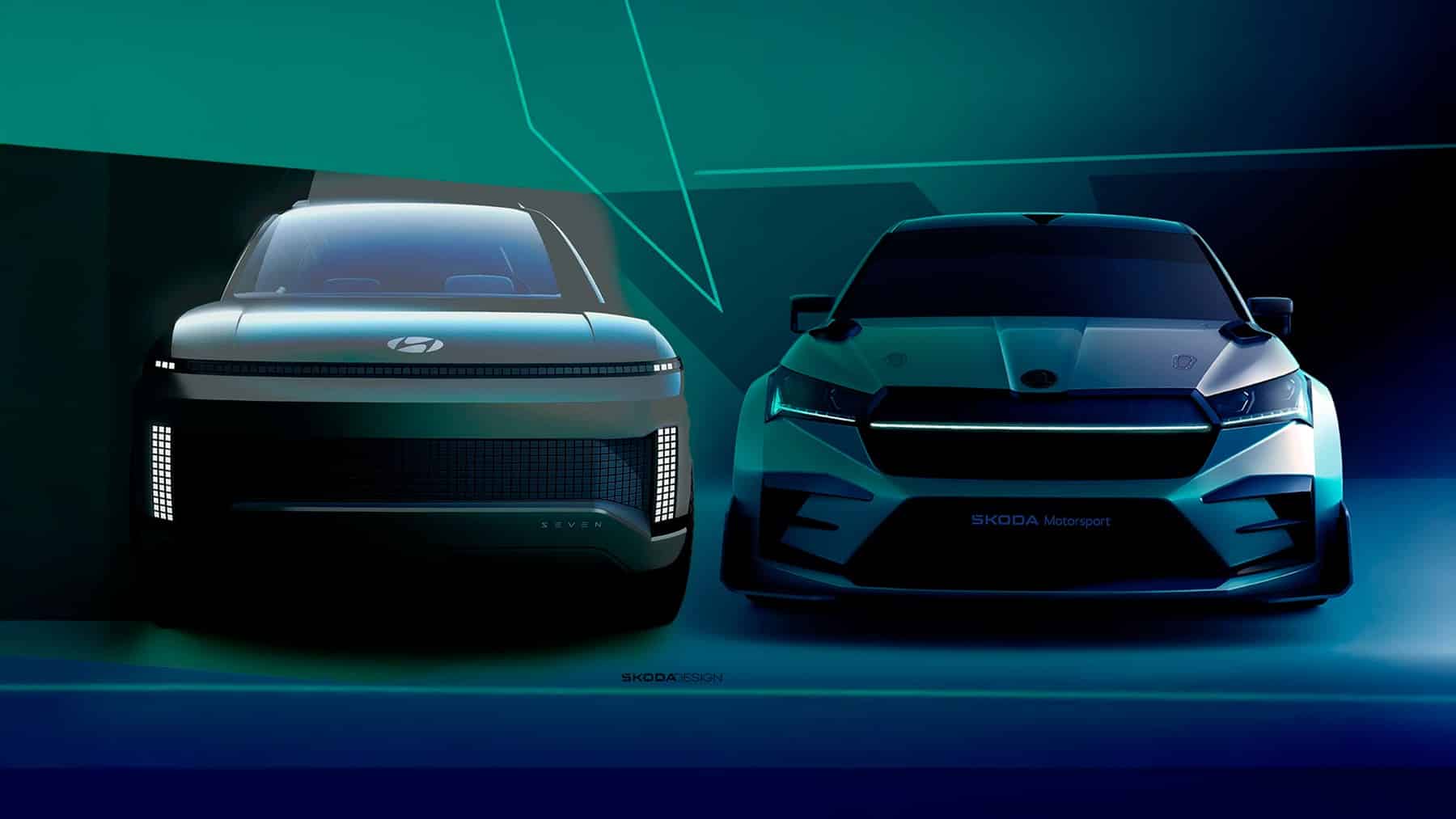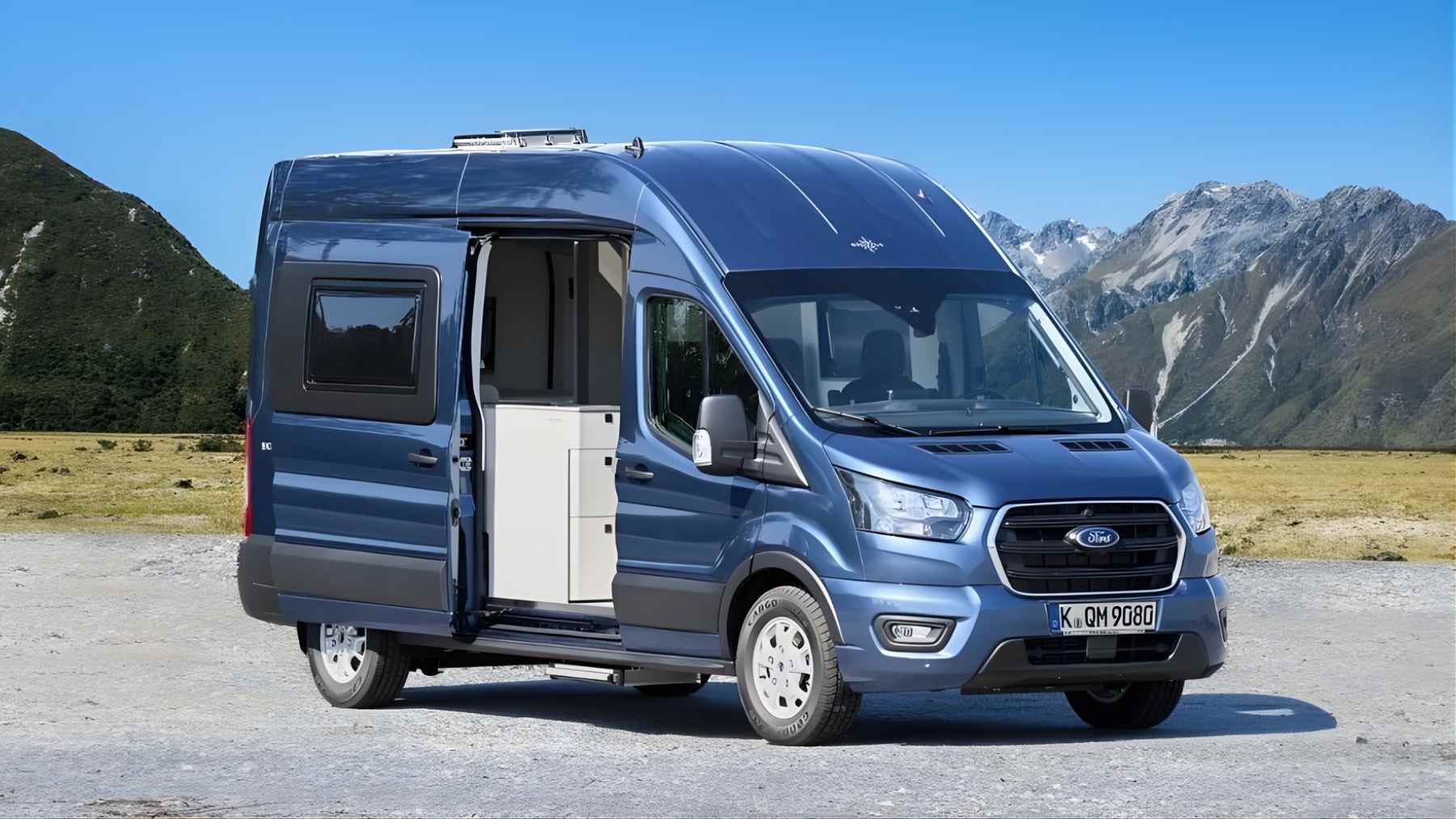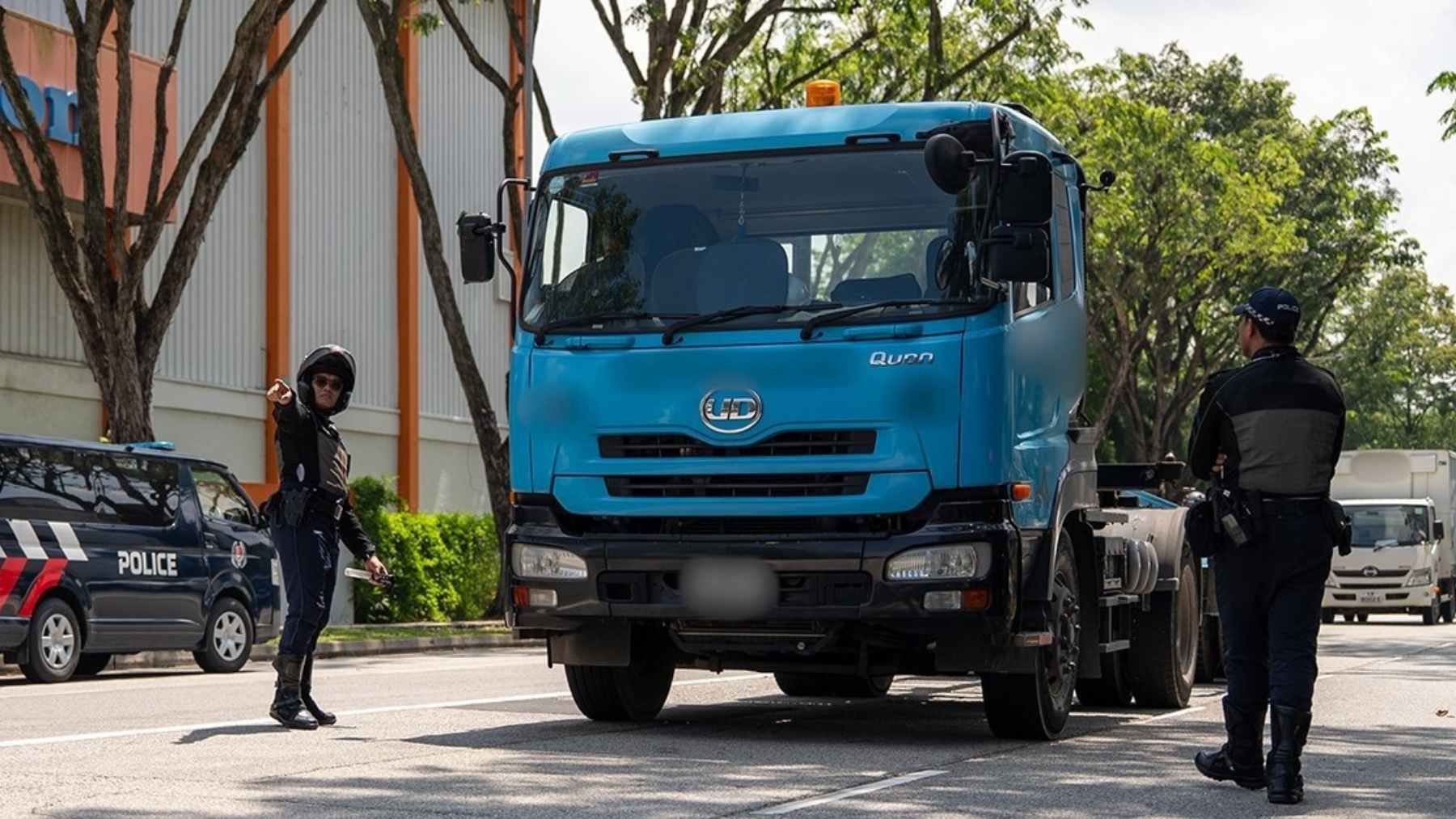In a world that is continuing to grow in concern for the future of the planet, automobile companies are producing innovative solutions and fuels in order to power vehicles of the future, which are compatible with a climate-conscious world. From electrical engine solutions to biofuels to hydrogen-fuel cell solutions, the transportation industry is gearing up to prepare for a future that is not reliant on fossil fuels. These companies have recently teamed up from Europe and Asia to promote a more sustainable future for all.
The transportation industry looks towards sustainability
As the world grapples with increasing concerns over irreversible climate damage, the transportation industry has been particularly singled out as needing to shift towards more renewable solutions. The transportation industry is responsible for approximately a quarter of greenhouse gas emissions due to the use of fossil fuels to power our engines across transportation sectors. Greenhouse gases are primarily responsible for global warming and climate change.
As such, the automobile industry has been looking at a variety of ways to reduce passenger vehicle engines’ reliance on fossil fuel technology. One method that has been the primary focus of the industry has been the electric engine. What started off as a pioneering venture has now grown to nearly all major automobile companies producing electric engine models, with plans to move towards increasing their production.
Asia and Europe team up to make this fuel
While electrical engine technology has been the dominant alternative engine solution on the road, with many experts suggesting it is the only way forward in terms of transforming the passenger vehicle, other companies have been investigating alternative engine solutions outside of the electrical engine. As part of a team effort, Škoda from the Czech Republic and Hyundai from South Korea have recently announced a new collaboration, and it is not for electrical technology.
The collaboration between the two companies will see the development of advanced hydrogen energy solutions, with a commitment to cooperate in establishing a hydrogen economy. In 2024 last year, the two signed a Memorandum of Understanding (MOU), during the Korea-Czech Business Summit in Prague, which will see the Škoda Group implementing hydrogen mobility expansion through Hyundai’s hydrogen fuel cell systems and technologies
“Our partnership with Škoda Group aims to accelerate hydrogen adoption, which would contribute to the advancement of hydrogen technology and carbon neutrality across global markets, including the Czech Republic. Together with Škoda Group, we strive to lead the rapidly growing hydrogen businesses by creating positive synergies between our fuel cell technology and Škoda Group’s mobility products and projects,” said
Hyundai is working towards building a ‘hydrogen society’ under their hydrogen value chain business brand HTWO, which includes Hyundai’s businesses and affiliates to enable each stage of the entire hydrogen value chain.
Hydrogen continues to be a rising star
The partnership between Škoda and Hyundai is not the only one being seen in the automobile world. Recently, Japanese powerhouses Toyota, Mazda, and Subaru announced a partnership to accelerate the development of alternative engine solutions through the adoption of current internal combustion engine technology into electric engines. However, these brands are no strangers to hydrogen technology.
Toyota, while offering electric engine solutions and continuing to build on these, has been pioneering fuel cell technology for decades. While the brand has previously come under fire for not focusing all their efforts on electrical engine technology, hydrogen fuel-cell technology holds mass potential in other sectors in the transportation industry, such as long-haul trucking and aviation. While the electrical engine is the focus of the passenger vehicle world, there still exist opportunities for hydrogen as a fuel.
Disclaimer: Our coverage of events affecting companies is purely informative and descriptive. Under no circumstances does it seek to promote an opinion or create a trend, nor can it be taken as investment advice or a recommendation of any kind.














